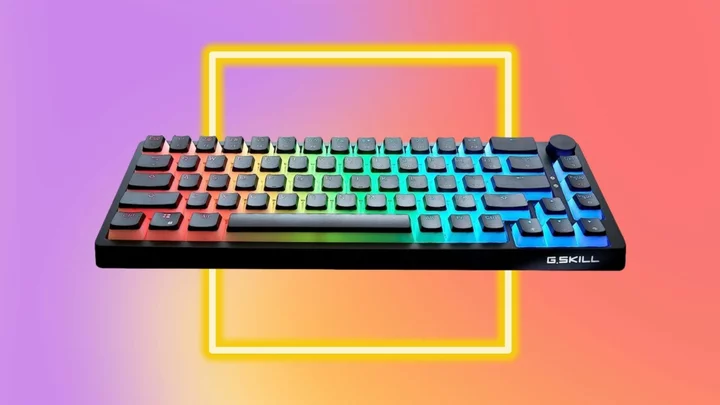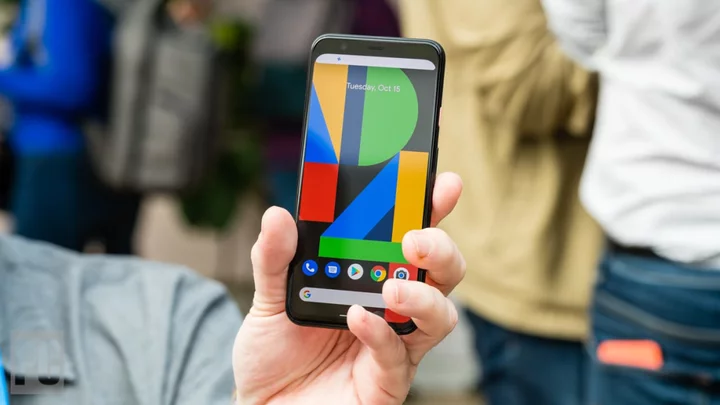Sorry to be the one to tell you, but membrane keyboards are so passé. A staple of offices and homes everywhere, they’re the default, stolid and – let’s face it – completely boring peripheral that accompanies every computer on virtually every desk. Yet their time might be up. A trendier challenger has arrived, one that threatens to replace these rubbery boards altogether. Yes, we're talking about mechanical keyboards.
Once the plaything of ardent tech enthusiasts, the best mechanical keyboards have made their way into production studios, home offices and gaming rigs over the last several years. Praised for their responsive, tactile and in many cases more comfortable finger feel, they may not be essential, but they should be seriously considered by anyone who spends hours sitting in front of a computer every day.
Picking the best mechanical keyboard for your needs, though – that’s not as straightforward as you might think. The mechanical keyboard market has exploded recently, as big-name manufacturers and new brands churn out new and customizable models year after year. Give a cursory glance across Amazon, and you’re more likely to be blinded by RGB glare than to find one that suits you. Thankfully, there are a few heavy hitters that stand out from the crowd, and we've gathered the top options for business, gaming, and personal use into a single hands-on review.
What is a mechanical keyboard switch?
It’s a mouthful, for sure, but there’s nothing complicated about mechanical switches. They're simply spring-loaded mechanisms that sit under each key and register a keystroke when compressed. That's why mechanical keyboards tend to feel very responsive – as you can feel, and sometimes even hear, each key switch activating when you press it. They make your typing experience more tactile and, for many people, faster.
What's the difference between a mechanical keyboard and a normal one?
Most keyboards – the ones you’ll find on laptops, in the office, or bundled with a typical PC – are membrane keyboards. Rather than placing individual switches underneath each keycap, these cheaper keyboards are constructed with a rubber-like sheet across their entire undersurface that registers keystrokes when compressed.
Membrane boards often feel slightly spongy and lack the crisp spring back of mechanical keyboards. (You may be old enough to remember the days before membrane keyboards became the norm.) As such, they’re less tactile, although they aren’t necessarily worse. They’re different, a lot more common, and usually cheaper to both produce and buy.
What's the best mechanical keyboard for Mac?
While Apple doesn’t produce any mechanical keyboards of its own, plenty of third-party manufacturers have stepped in to fill the gap with both wired and unwired options. After testing the top options, the Logitech MX Mechanical Mini is the best of the bunch for iOS. We’ve detailed why further down. For a taster, just know it’s responsive, sturdy and has the chic diminutive size fitting of an Apple product.
What's the best mechanical keyboard for gaming?
If only there was a simple answer. We’ve rounded up the best gaming keyboards elsewhere for a thorough rundown of what will please every type of gamer. But if you’re after an all-rounder that’s great straight out of the box, comes with heaps of functions, and will last you for years to come, then you can’t do much better than the Razer BlackWidow V4 Pro. It has all the features you’d expect from a gaming keyboard, as well as a few nifty productivity tools and an immensely comfortable ergonomic design.
Look below for a more detailed rundown on both the Razer BlackWidow and the Logitech MX Mechanical Mini, plus the best mechanical keyboards from other trusted brands. Every single mechanical keyboard on this list was tested over multiple weeks before it earned a spot in this review.









